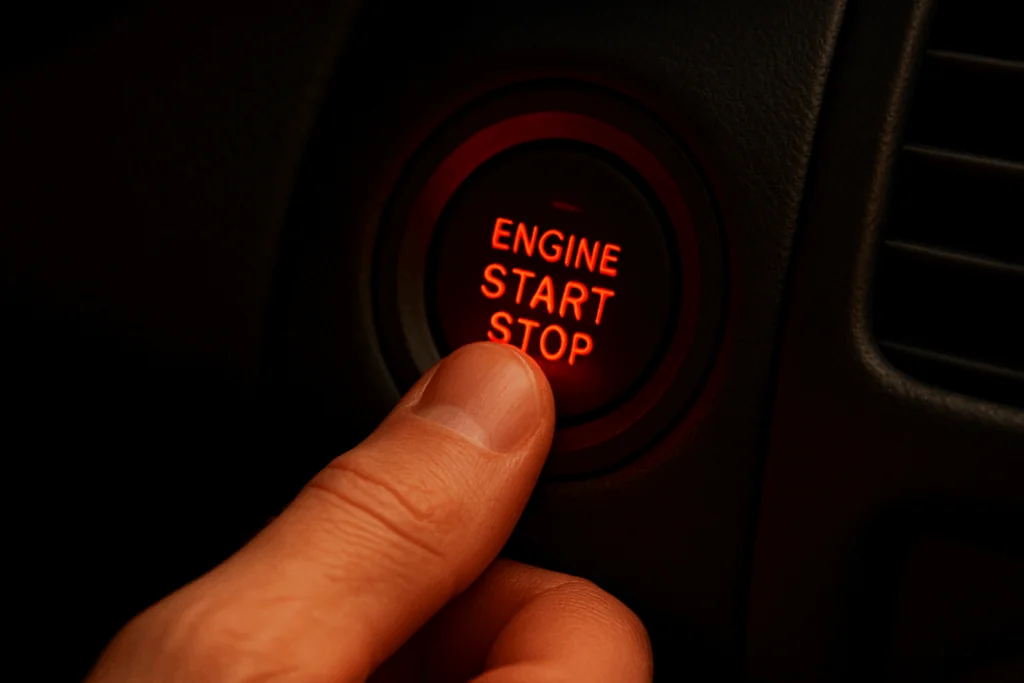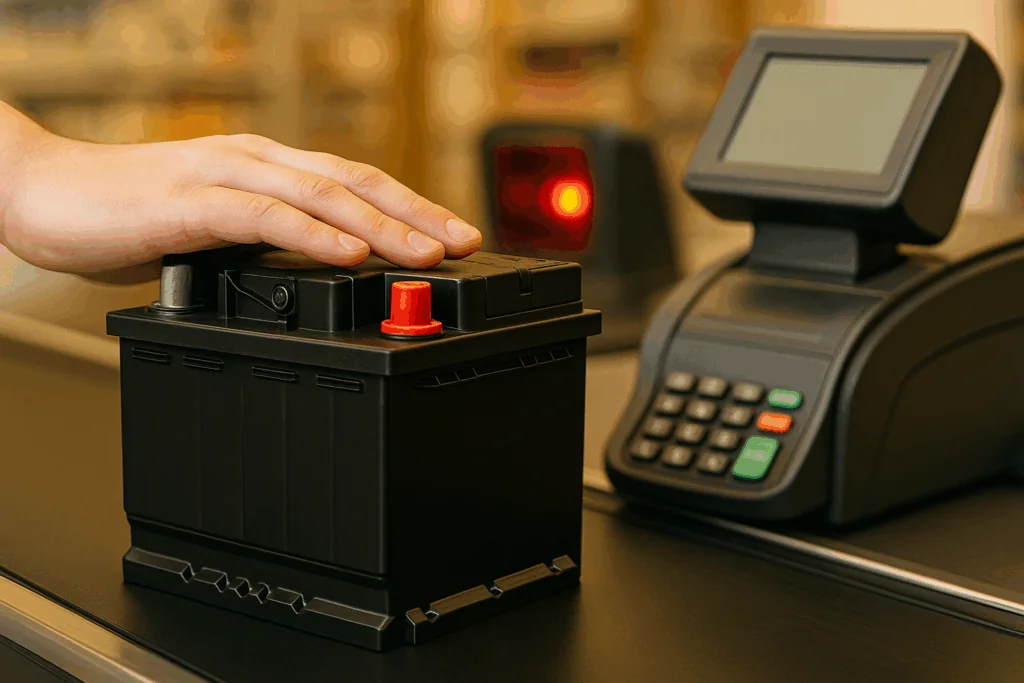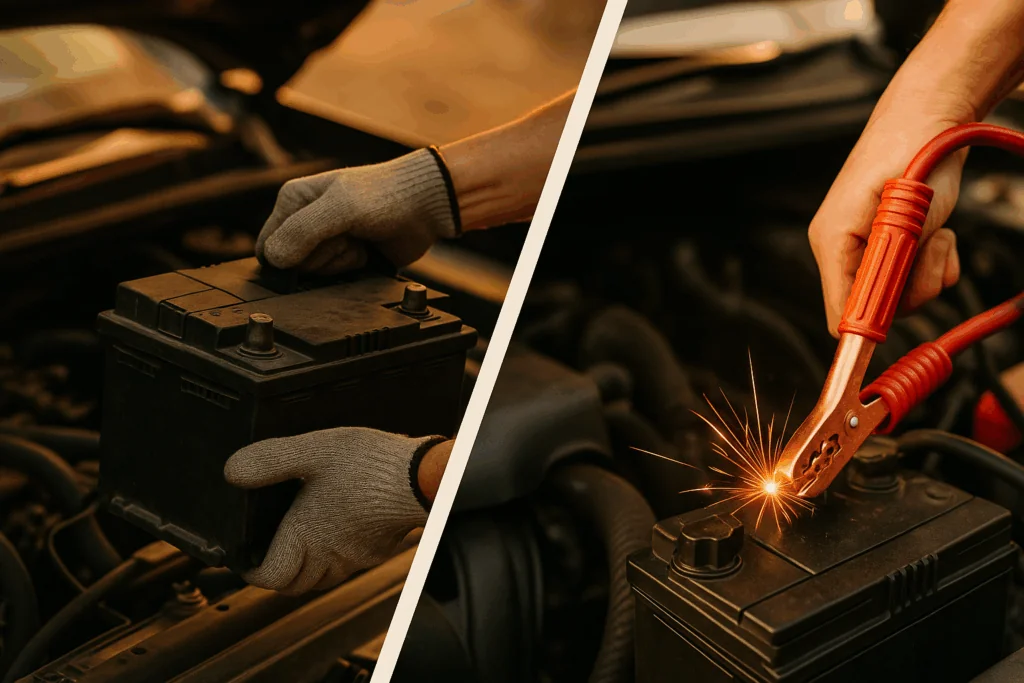
The Volkswagen Tiguan is a compact crossover SUV that was first introduced in 2007. It is currently in its second generation, which launched in 2016.
Some key features and selling points of the Tiguan include:
- Available with front-wheel drive or 4Motion all-wheel drive. This makes the Tiguan suitable for different driving conditions and terrains.
- Spacious interior with optional 3rd row seating. The Tiguan provides more passenger and cargo space than many rivals in the compact SUV segment.
- Modern tech and safety features. All Tiguans come standard with a touchscreen infotainment system, Bluetooth, a rearview camera, and driver assistance technologies like automatic emergency braking. Higher trims add options like adaptive cruise control, lane keep assist, self-parking, and more.
- Fun driving dynamics for an SUV. The Tiguan delivers responsive steering and handling for an enjoyable driving experience. The available 4Motion all-wheel drive further enhances grip and control.
The Tiguan competes with other compact crossover SUVs like the Toyota RAV4, Honda CR-V, Ford Escape, and Nissan Rogue. It aims to differentiate itself with European styling, premium feel, and the latest technology features.
Common Volkswagen Tiguan Issues
The Volkswagen Tiguan is a popular compact SUV known for its responsive handling, upscale interior, and safety ratings. However, like any vehicle, it is susceptible to some recurring mechanical issues. Three of the most common problems reported in Tiguan models involve engine stalling, fuel pump failures, and faulty headlights.
Engine Stalling
Stalling while driving is one of the most serious and potentially dangerous issues that can occur in a Volkswagen Tiguan. There are a few known causes for unpredictable engine stalling in these vehicles:
- Faulty camshaft adjuster solenoid – This small valve controls oil flow to the camshaft adjusters and if it fails, it can lead to sudden engine shut off. Replacing the faulty solenoid is the fix.
- Bad crankshaft position sensor – This sensor monitors crankshaft speed and position. When it goes bad, it causes incorrect readings to the computer leading to engine stalls. The fix is replacing the faulty sensor.
- Carbon buildup on intake valves – Carbon deposits accumulating on the intake valves restrict airflow, resulting in sporadic stalling. Cleaning the valves by a professional can help. Using premium fuel may also prevent buildup.
Fuel Pump Failures
Another widespread problem with Volkswagen Tiguans is premature fuel pump failure. This is often characterized by issues with hot starts, stalling at high speeds, reduced power and acceleration, and an inability to start the car. Replacing the faulty fuel pump module restores normal performance.
Headlight Problems
Owners of earlier Tiguan models in particular report frequent issues with headlights malfunctioning or burning out prematurely. Some of the common problems include:
- Low beam or high beam bulbs intermittently cutting out
- Entire headlight assembly failing
- Daytime running lights malfunctioning
- Electrical shorts and faults in headlight wiring
Replacing the bulbs or faulty headlight housing is the solution in most cases. For wiring issues, inspection and repair of shorts is required.
Repairing Common Tiguan Issues
When issues arise with your Volkswagen Tiguan, it’s important to get them repaired promptly to avoid more serious problems down the line. Here’s an overview of what to expect when repairing some of the most common Tiguan issues:
Overview of Repair Process
- Engine stalling – This is often caused by a bad crankshaft sensor or faulty ignition coil. A mechanic will diagnose the specific issue and replace the necessary components. Total repair time is typically 3-4 hours.
- Fuel pump failure – The fuel pump will need to be replaced. This requires dropping the fuel tank to access the pump which equates to 6-8 hours of labor.
- Headlight problems – Faulty headlight bulbs can be easily swapped out while headlight housing issues may require replacement. Headlight repairs range from 1-3 hours of work.
Estimated Repair Costs
- Engine stalling – AED 1000-1500 for crankshaft position sensor replacement, AED 1500-3000 for ignition coil replacement
- Fuel pump – AED 2000-4000 for parts and labor
- Headlights – AED 400-1000 for bulbs, AED 1000-2000+ to replace entire headlight housing
Where to Go for Repairs
Factory trained Volkswagen mechanics are recommended for repairing Tiguan issues. In the UAE, MySyara is a great option with locations across Dubai and Abu Dhabi. Their Volkswagen certified technicians and genuine parts ensure proper diagnosis and repair the first time around.
Repairing common problems quickly can save you money and prevent subsequent damage down the line. Consider MySyara for your Tiguan service and repairs. Their expertise with Volkswagen models provides peace of mind.
MySyara Tiguan Service in UAE
MySyara provides specialized service and repairs for Volkswagen Tiguans across the UAE. MySyara technicians have extensive experience working on Tiguans and can efficiently diagnose and repair any issues you may be experiencing.
Some highlights of MySyara’s Tiguan service:
- Convenient Locations: Service centers located in Dubai, Abu Dhabi, Sharjah and Ajman.
- Genuine Parts: MySyara uses only genuine OEM Volkswagen parts for repairs to keep your Tiguan running like new.
- Expert Technicians: Factory-trained and certified to work on Volkswagen vehicles and perform repairs to the highest standards.
- Maintenance Packages: MySyara offers personalized maintenance plans to keep your Tiguan well-maintained and avoid big repairs down the road.
- Reasonable Prices: Sample service prices:
- Car Service – AED 399
- Brake pad replacement – AED 699
- Timing belt replacement – AED 1299
- Headlight restoration – AED 299
Trust MySyara workshops to provide top-quality and cost-effective service for your Volkswagen Tiguan in the UAE. Contact your nearest center to book an appointment today.
Frequently Asked Questions About Volkswagen Tiguan Issues and Repairs
What are some common causes of engine stalling in the Tiguan?
Engine stalling in the Tiguan can be caused by a few different issues. Some common causes include a faulty crankshaft position sensor, bad fuel pump, clogged fuel filter, failing ignition coils, or a problem with the ECU. Stalling is often an intermittent issue that gets worse over time as components degrade.
Why does my Tiguan struggle to start sometimes?
Difficulty starting is commonly caused by a weak or failing battery. The battery may not be holding a charge properly. Issues with the starter motor can also make it hard to start the engine. Problems with the fuel pump not delivering enough pressure can also prevent the engine from turning over and firing up.
What should I do if my Tiguan’s headlights keep blowing?
Frequent headlight bulb burnouts in the Tiguan is often caused by a failing headlight switch or wiring issues. The headlight housings may allow moisture or water intrusion which can short the bulbs. Replacing the headlight switch and inspecting the wiring for damage can help resolve rapid bulb burnouts. Keeping the headlight housing seals in good condition prevents moisture problems.
How can I tell if my Tiguan’s fuel pump needs to be replaced?
Symptoms of a failing fuel pump in the Tiguan include engine stalling or sputtering during acceleration, difficulty starting, reduced engine performance, and the check engine light coming on. As the pump begins to fail, you may notice rough running as fuel pressure drops. Replacing the fuel pump resolves these issues and restores optimal fuel delivery.
What maintenance helps prevent Tiguan problems?
Regular maintenance like oil changes, fluid flushes, brake pad replacement, battery testing, air filter changes, and inspection of belts and hoses can help minimize many common Tiguan problems. Following the recommended maintenance schedule and addressing small issues early prevents major repairs down the road.



